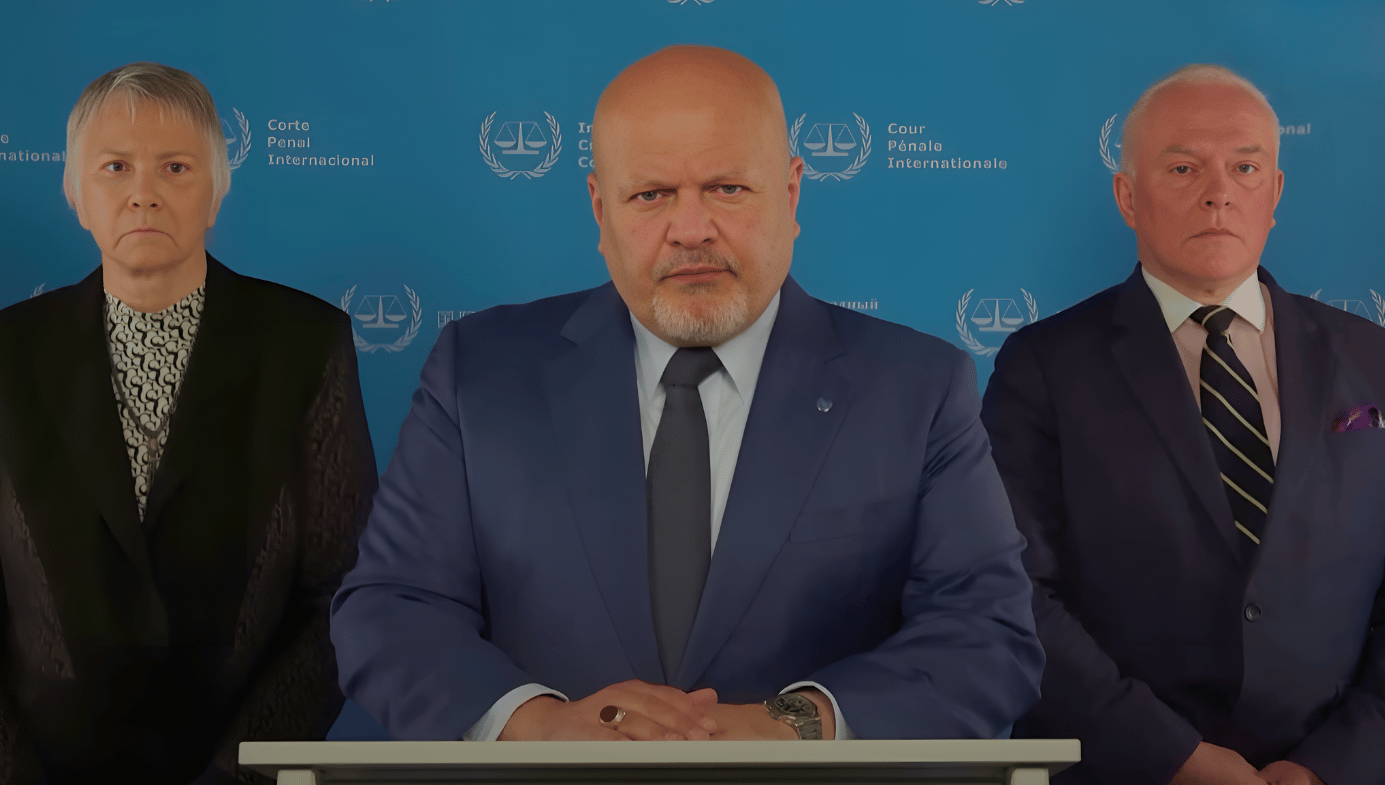Politics
The Politicisation of International Justice
A dissection of the ICC’s warrant application reveals that obvious liberties have been taken with the truth.

Many human-rights advocates welcomed the creation of the International Criminal Court (ICC) in 2002. The new tribunal aimed to replicate for contemporary atrocities what Nuremberg and subsequent tribunals accomplished for Nazi crimes. The court has marshalled evidence in the form of documents and testimony, it has established narratives of the atrocities themselves, and it has provided some measure of justice. The proceedings from the ICC—and the earlier ad hoc tribunals that adjudicated the bloody breakup of Yugoslavia and the genocide of the Tutsis in Rwanda—have also made great efforts to leave politics at the door. Judges and prosecutors have been respected jurists from states untouched by the atrocities themselves. No one could realistically dismiss the ICC as a purveyor of “victor’s justice,” or even politicised justice.
This record abruptly ended on 20 May when ICC Prosecutor Kamil Khan submitted an application to the ICC pre-trial chamber requesting arrest warrants for three senior members of Hamas, including Yahya Sinwar, and two Israeli leaders, Prime Minister Benjamin Netanyahu and Defence Minister Yoav Gallant. The warrant request is based on the Rome Statute of 1998, which established the court’s procedures and clarified the definitions of war crimes, crimes against humanity, and genocide. But Khan’s application is also a highly politicised document. It professes to take no sides in Israel’s latest war with Hamas by creating false equivalencies between the belligerents, and it panders to commentators who have long argued that Western leaders—particularly the Israelis—have enjoyed immunity from the court’s strictures.
#ICC Prosecutor @KarimKhanQC announces applications for arrest warrants in relation to Benjamin Netanyahu and Yoav Gallant in the context of the situation in the State of #Palestine ⤵️https://t.co/WqDZecXFZq pic.twitter.com/bxqLWc5M6u
— Int'l Criminal Court (@IntlCrimCourt) May 20, 2024
The ICC’s investigation of “the situation in Palestine”—defined as Gaza, the West Bank, and East Jerusalem—began in March 2021 under Khan’s predecessor as ICC prosecutor, Fatou Bensouda of Gambia. On 1 January 2015, Palestinian Authority president Mahmoud Abbas referred a complaint to the ICC following the 2014 Hamas–Israeli war. Bensouda was mindful that “Palestine’s statehood under international law does not seem to have been definitively resolved,” and therefore, that the ICC might lack clear jurisdiction. Nevertheless, Bensouda argued (and the pre-trial chamber of the ICC readily agreed) that Palestine is a “state” for three reasons. First, the UN General Assembly recognised the Palestinian right to self-determination and Palestinian statehood in 1988; second, “the right to self-determination is undoubtedly a fundamental human right”; and third, the Palestinian Authority adhered to the Rome Statute on 31 December 2014.
Bensouda’s investigation was retroactive to the 2014 war. It aimed to identify crimes committed by both Israel and Hamas against the people of Palestine, who it said ought to have been under the sole rule of the Palestinian Authority. Bensouda’s preliminary investigation ended in 2019. It argued that there was a reasonable basis to believe that Israel and Hamas had both committed war crimes in Gaza. Bensouda emphasised Israel’s “disproportionate attacks” on Gaza in retaliation for Hamas rocket launches, but she also mentioned that Hamas had violated international law by, inter alia, attacking Gazan civilians and using them as shields.
This was where matters stood until 2023–4. The Hamas massacre committed on 7 October 2023 far outstripped anything Hamas had done previously.





